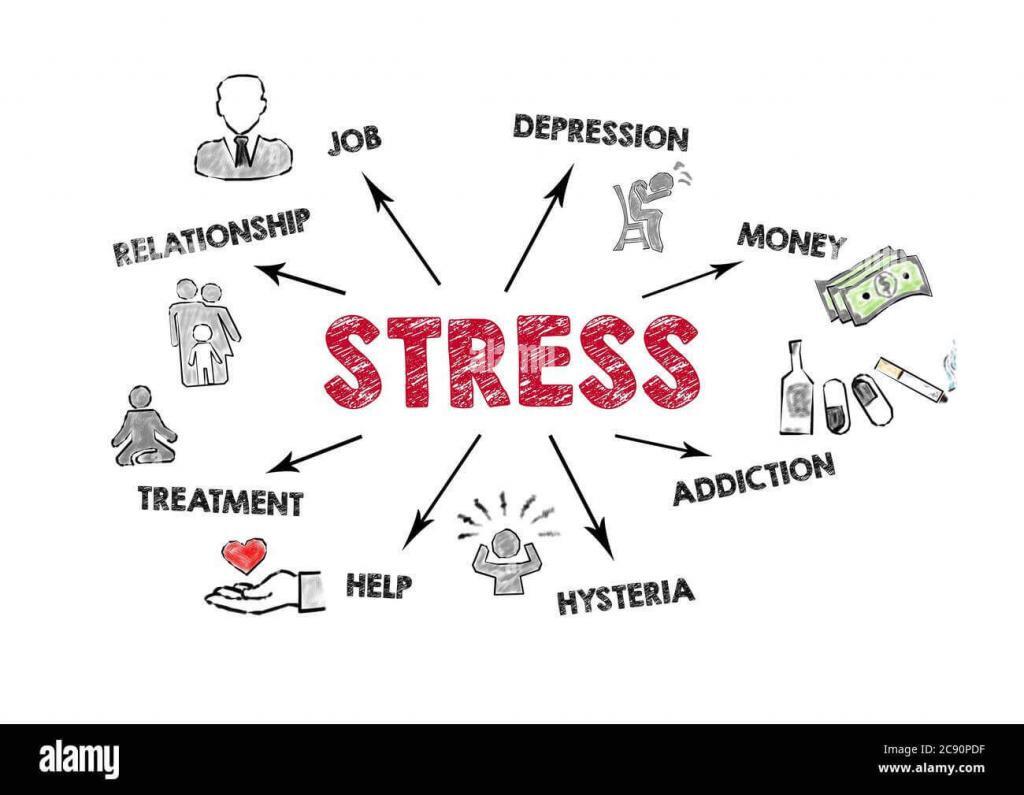
Bad habits are fueled by emotional triggers, especially in cases where they conflict with individual values. Stress, loneliness, and boredom are the most common emotional triggers for pornography. Stress, loneliness, and boredom are uncomfortable, and human beings are wired to seek relief from emotional discomfort. In moments of weakness, they can drive us to act in self-destructive (or other-destructive) ways. People seeking freedom from a pornography habit or addiction do well to monitor their emotional states and take remedial action, as needed, during the reboot/recovery process.
Learning how to manage emotional stress in the form of anger, fear, anxiety, loneliness, boredom, and depression starts by planning ahead. If I know I have a long day ahead of me, it serves me to schedule in breaks, exercise, recreation, or social activity with friends. This is an example of being proactive. How we react to emotional states in the moment is also of the essence. Life is dynamic; we don’t always know how we’re going to feel, let alone we cannot predict various contingencies or “change of plans” that happen every day. When I notice the onset of stress, it serves me to slow down, to spend time outside or with friends at the earliest opportunity. It serves me to take a break from that project I was hoping to get ahead on.
Managing emotional triggers is about being intentional rather than letting things take shape with no deliberate effort on our part. The sheer presence of a porn habit/addiction is evidence that autopilot will not yield the desired results.
Stress In The Porn Reboot/Recovery Process
Stress, according to Elizabeth Scott, PhD, can be defined as “any type of change that causes physical, emotional, or psychological strain. Stress is your body’s response to anything that requires attention or action.” Not all stress is bad. Working out, for example, is a kind of stress that makes us stronger when done in moderation. The same is true of fasting. In addition, a controlled measure of emotional stress enables us to grow psychologically. Imagine if we never experienced any conflict. Our ability to process future conflict would be severely impaired, and we might crumble at the slightest adversity.

That said, the stress that grows and develops is temporary in nature. The subject experiences a stressor, like fear, they process it, and they become stronger for it. However, many of us are chronically stressed out due to past traumas, current triggers, and future anxiety. Chronic stress, unlike its temporary counterpart, can do a number on physical and mental health. As per above, it is necessary to be proactive (planning ahead) and reactive (adapting to the moment) in order to deal with stress in a constructive way. When we are intentional about stress management, we relieve stress in a manner consistent with our values and consistent with our medium and long-term interests.
Loneliness In The Porn Reboot/Recovery Process
According to Verywell Mind, loneliness is “a state of mind linked to wanting human contact but feeling alone.†Some people suffer from chronic loneliness, whereas most people feel lonely at least some of the time. Loneliness isn’t reserved to people who have few friends or social relationships. Loneliness is a feeling, not an objective reality. Just as it is possible to feel lonely in a crowd, it is possible to feel lonely when surrounded by family and friends. On the flip side, there
You leave me alone for a day, it’ll be like the happiest day I’ve had in a while. And that is a superpower that I think everybody can obtain.
Naval Ravikant
Loneliness is a form of stress, and like all stress, it is uncomfortable. Lonely people are more likely to overeat, consume drugs, and watch pornography. The lonely mind craves connection but will often settle for anything that makes it feel better.
Managing feelings of loneliness is critical during the porn reboot/recovery process. Choosing to spend time with our friends over our phones and prioritizing relationships over solitary hobbies, projects, and pursuits can go a long way. If we aren’t getting enough out of our relationships, we can start by putting more in.
Boredom In The Porn Reboot/Recovery Process
There is an old saying, “Idle hands are the devil’s playground.” Boredom happens when we do not feel stimulated by our environment. According to Art Markman, PhD, from Psychology Today, “Boredom is unpleasant. It can make you angry and frustrated. It can also influence your behavior in negative ways. Bored people are prone to overeat, for example.” Boredom, like loneliness, is associated with stress and demands to be relieved.
School and work are common triggers of boredom, which is unfortunate because they make up a great deal of life. When we study a subject we enjoy and work a job we don’t loathe, we feel stimulated. However, it isn’t always possible to make major changes in these areas, certainly not right away. While we figure these things out in the long term, we can tend to our emotional state on a daily basis.
When the iPhone came along, boredom was dead. I would never be bored again. And it’s a disease. It’s actually the road to misery.
Naval Ravikant
Remember, as with stress, not all boredom is bad. Boredom creates space to process emotions and can be a prompt for creativity. In fact, a lack of boredom, like a lack of healthy stress, is detrimental to personal growth. As in other areas of life, moderation here is key.
In conclusion, many times we feel that we need sexual stimulation or a sexual outlet to relieve stress, when, in reality, we really just need a physical or emotional one. Working out, stretching, spending time in nature, and hanging out with friends are things we can all do more of every day. These activities are naturally cathartic and can resolve much of the tension that drives us to view pornography and engage in other compulsive behaviors despite their known negative effects.

